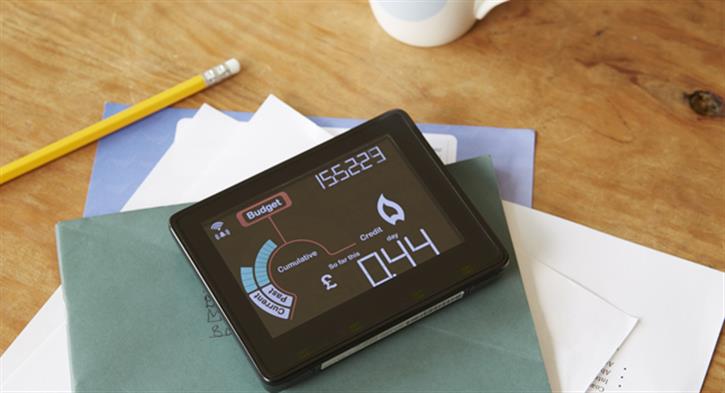

The energy industry is embracing a long-awaited modernisation and, with the national roll-out of smart gas and electricity meters, the last analogue customer experience will finally enter the digital age, says Naomi Adams
Between now and 2020, every home and microbusiness across Great Britain will be offered a smart meter by their energy supplier, at no additional cost.
Smart meters will replace the traditional meters we currently have ticking away under the stairs and will transform the way we buy and manage our gas and electricity.
This national programme is putting in place a vital technology upgrade that will finally bring the energy industry up to speed with our modern lives.
We wouldn’t submit our call-time to our telephone provider in order to receive an accurate bill or accept an estimated total at the supermarket checkout but, over the years, we’ve lived with this scenario when it comes to buying our energy.
Smart meters measure gas and electricity usage and communicate this information directly to the energy supplier and the customer’s smart meter display, using secure wireless technology. They will provide consumers with accurate bills, near real time information on energy usage in pounds and pence, and greater control over their gas and electricity. They will also mean an end to manual meter readings and unpredictable estimated bills.
Smart meters can operate in prepay or credit mode so consumers can switch between the two options without the higher premiums associated with prepayment meters. There will also be a number of ways to top up via telephone, the appropriate website or smart phone app, or in the local shop.
Smart Energy GB is the consumer campaign for the national smart meter roll-out. An independent research report, Smart Energy Outlook, has shown that those who have a smart meter feel more confident that they have accurate bills, that they understand their bills, and that they have the information needed to choose the right energy supplier and tariff.
Smart meters are creating a world where our energy usage is visible; where we can see the real cost of leaving devices on standby, and compare our outgoings when we choose to put the central heating one degree lower, or run the washing machine at 40°C instead of 60°C. About 1.6 million smart meters have already been installed so this critical change is already in motion, finally putting the control in the hands of the consumer.
As they reap the rewards of saving energy, customers will be looking for innovative ways to help make their homes and habits as energy efficient as possible. With smart meters in place, those in the heating, ventilating and plumbing trades will be better equipped to offer tips and tools to help each home reach this goal.
To find out how you can get a smart meter from your energy supplier please visit: www.smartenergygb.org/get-a-smart-meter
Naomi Adams is media relations assistant for Smart Energy GB
If you'd like to keep up-to-date with the latest developments in the heating and plumbing industry, why not subscribe to our weekly newsletters? Just click the button below and you can ensure all the latest industry news and new product information lands in your inbox every week.